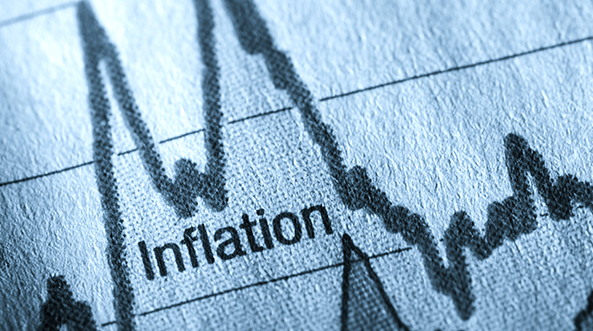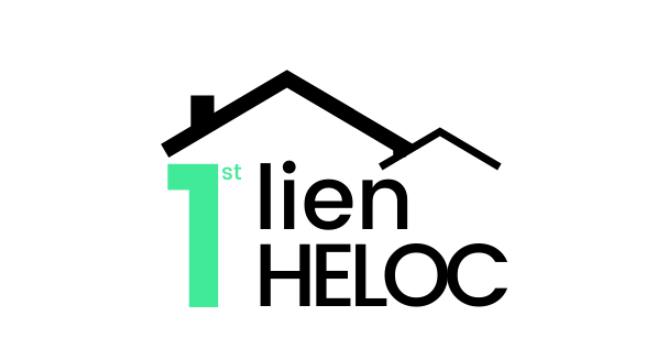
Understanding how economic indicators affect the real estate market is crucial for both homebuyers and investors.
Key economic indicators such as inflation, employment rates, and Gross Domestic Product (GDP) growth provide valuable insights into the overall health of the economy and can significantly influence housing market trends.
This blog will explore these economic indicators in detail and discuss how they impact real estate, helping you make informed decisions in the housing market.
1. Inflation and Its Effect on Real Estate

Inflation refers to the general increase in prices and the decline in the purchasing power of money over time. When inflation rises, the cost of goods and services—including real estate—typically increases. Here’s how inflation impacts the housing market:
- Rising Home Prices: As inflation increases, the cost of building materials, labor, and land tends to rise. This leads to higher home prices.
For homebuyers, this means purchasing a home becomes more expensive, and for homeowners, their property values may increase, enhancing their equity【Source: Federal Reserve】.
- Interest Rates: To combat inflation, central banks, such as the Federal Reserve in the U.S., may raise interest rates. Higher interest rates increase borrowing costs, which can lead to higher mortgage rates.
As mortgage rates rise, monthly payments on new loans become more expensive, potentially cooling housing demand【Source: CNBC】.
- Investment in Real Estate: In periods of high inflation, real estate can act as a hedge against inflation.
This is because property values and rental income generally rise with inflation, preserving the investor’s purchasing power.
This dynamic can increase demand for real estate among investors looking for stable returns【Source: Investopedia】.
2. Employment Rates and Their Impact on Housing Demand

Employment rates are a vital economic indicator that directly affects the housing market. When employment rates are high, more people have steady incomes, which boosts consumer confidence and increases the demand for housing.
- Housing Demand: A strong job market means more people have the financial stability needed to purchase homes. This drives demand, which can increase home prices, especially in regions with strong employment growth【Source: U.S. Bureau of Labor Statistics】.
- Foreclosure Rates: Conversely, when employment rates decline or unemployment rises, the risk of foreclosure increases.
Homeowners who lose their jobs may struggle to keep up with mortgage payments, potentially leading to higher foreclosure rates and a softening of the housing market【Source: National Association of Realtors】.
- Migration Patterns: High employment rates in certain areas can lead to migration, with people moving to regions with better job opportunities.
This shift can drive up housing demand in high-employment areas, leading to higher prices, while regions with declining employment may experience decreased demand and falling prices【Source: The Balance】.
3. GDP Growth and Its Correlation with Real Estate Activity

Gross Domestic Product (GDP) growth measures the total economic output of a country and serves as a broad indicator of economic health. Real estate markets are closely tied to GDP growth for several reasons:
- Consumer Confidence and Spending: During periods of strong GDP growth, consumer confidence typically rises, leading to increased spending, including on housing.
People are more likely to buy homes when they feel secure in their jobs and optimistic about the future【Source: World Bank】.
- Commercial Real Estate: GDP growth also influences the commercial real estate market. As businesses expand during economic upturns, demand for office spaces, warehouses, and retail locations grows. Conversely, during periods of economic contraction, demand for commercial real estate can decline as businesses downsize or close【Source: REIT.com】.
- Construction Activity: Strong GDP growth often correlates with increased construction activity, as developers are more likely to invest in new projects in a growing economy.
This increase in supply can help balance housing markets, especially if demand remains high【Source: National Association of Home Builders】.
4. Additional Economic Indicators Influencing Real Estate

Beyond inflation, employment rates, and GDP growth, several other economic indicators can impact the housing market:
- Consumer Confidence Index (CCI): This measures the overall confidence of consumers in the economy. High consumer confidence typically signals strong demand for housing, while low confidence can indicate a slowdown【Source: Conference Board】.
- Interest Rates: As mentioned earlier, interest rates set by central banks significantly affect mortgage rates. Lower interest rates generally make borrowing cheaper, increasing demand for homes. Higher rates, however, can suppress demand by making mortgages more expensive【Source: Federal Reserve】.
- Housing Starts and Building Permits: These indicators provide insights into future supply in the housing market.
An increase in housing starts and building permits suggests that developers are confident in the market’s growth, which can affect future inventory levels and price trends【Source: U.S. Census Bureau】.
Navigating the Housing Market with Economic Insights
Understanding how economic indicators such as inflation, employment rates, and GDP growth impact the real estate market can help you make more informed decisions, whether you are buying, selling, or investing in property.
By keeping an eye on these indicators, you can better predict market trends and adjust your strategies accordingly.

Interested in leveraging these insights for your next real estate investment?
Work with First Lien HELOC (FLH) to explore your financing options. Use our HELOC Calculator to see how you can maximize your investment potential today!

